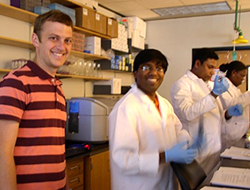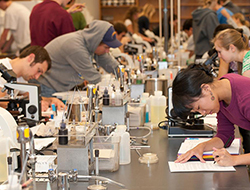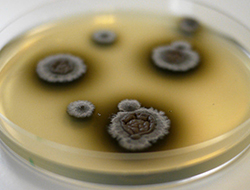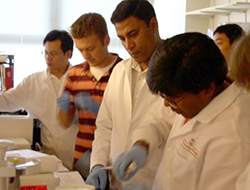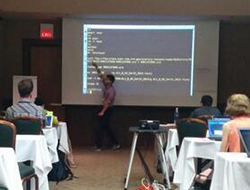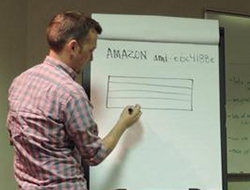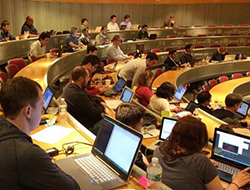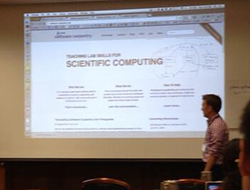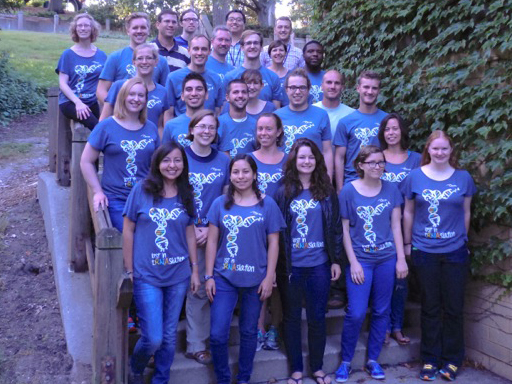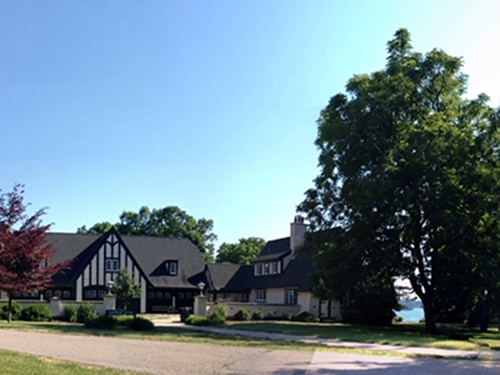Teaching Philosophy & Strategies
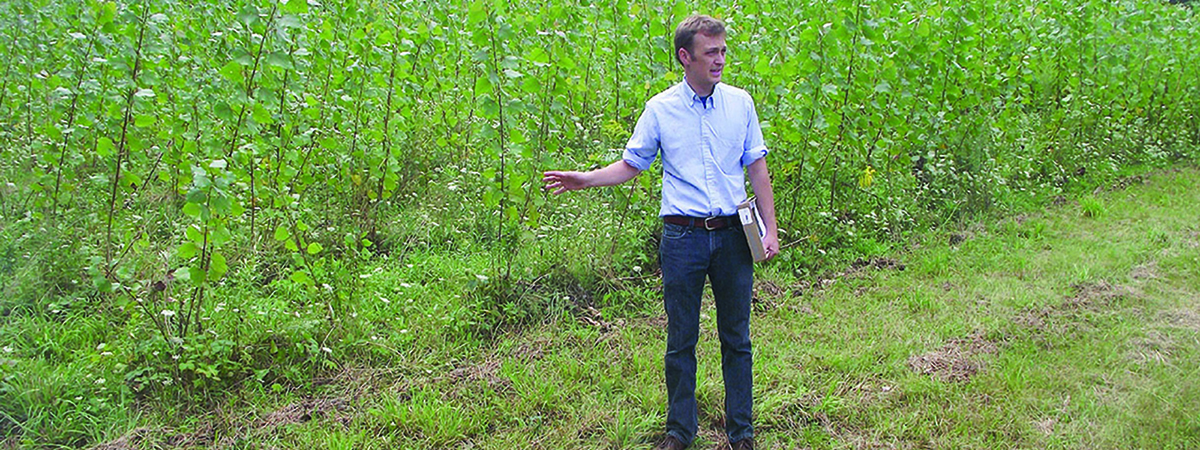
I have been fortunate to have many teaching experiences at numerous academic and government institutions over the last 15 years. Teaching and mentoring gives me an opportunity to share my excitement of science and discovery.
I put very strong emphasis on the development of communication skills. As a result, I stress both verbal and written communication in course exercises and my philosophy is to engage students.
I believe students seeking a career in science should be able to critically read research papers, communicate with clarity to a wide range of audiences, evaluate published scientific findings, and understand, analyze, and attempt to make sense of data. I believe strongly that universities have an important social responsibility to educate, train, and mentor students, so that – at the very least – our students will go on to be citizens capable of making informed decisions affecting society and life on the planet.
